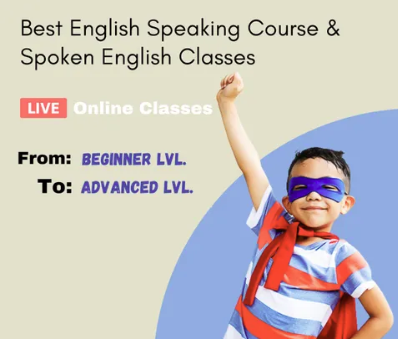Starting a new language can be both exciting and overwhelming, especially with so many resources available online. To help simplify your search, we’ve gathered some of the most beginner-friendly online language courses that focus on clear instruction, practical use, and a supportive learning environment. These options are popular, widely accessible, and designed to make the early stages of language learning engaging and achievable.
1. Duolingo
Duolingo is a widely recognized language app that makes learning fun through game-like lessons. Ideal for beginners, it focuses on vocabulary and sentence structure with bite-sized lessons and immediate feedback.
- Strength: Easy to use and very accessible.
- Best for: Casual learners and those just starting out.
2. Babbel
Babbel offers structured lessons created by language experts, emphasizing conversation skills and real-life topics. It’s great for learners who want a more traditional and focused curriculum.
- Strength: Well-organized lessons and speech recognition practice.
- Best for: Learners who prefer clear grammar explanations.
3. Rosetta Stone
Rosetta Stone uses an immersive approach, teaching entirely in the target language from the start. It builds strong foundational skills in listening, speaking, and reading.
- Strength: Immersion-style learning without translations.
- Best for: Visual learners and those aiming for long-term fluency.
4. Busuu
Busuu combines short lessons with feedback from native speakers. It offers a personalized study plan and emphasizes communication and cultural understanding.
- Strength: Practice with native speakers and useful everyday vocabulary.
- Best for: Learners who enjoy real-life interaction.
5. Memrise
Memrise helps learners build vocabulary through fun, memory-based techniques and short video clips from native speakers. It blends repetition with cultural content to keep things interesting.
- Strength: Engaging visual and audio content.
- Best for: Learners who like visual repetition and casual study.
6. LingQ
LingQ focuses on reading and listening with real-world content such as articles, podcasts, and conversations. It encourages learners to learn through context and immersion.
- Strength: Huge content library and progress tracking.
- Best for: Self-motivated learners who enjoy exploring content.
Final Thought
Choosing the right online language course depends on your learning style, goals, and schedule. The platforms listed above offer flexible and friendly environments for beginners to build a strong foundation. Start with one that feels enjoyable, and remember that consistency is key to steady progress. No matter which you choose, the first step is always the most important!














